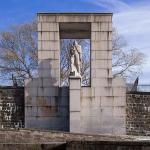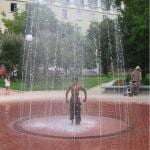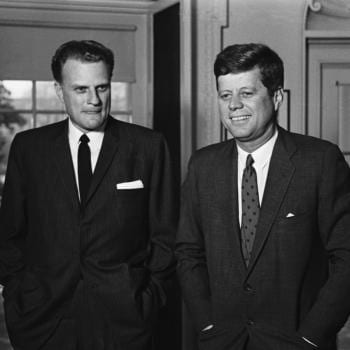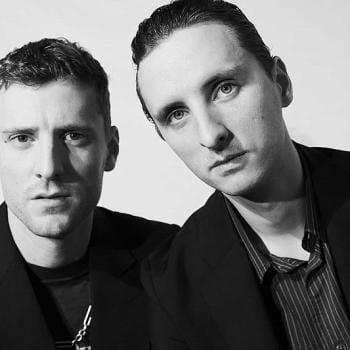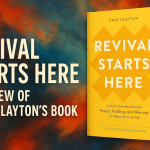As faculty and students are gearing up for another year of college, those in higher education may hear lots of reminders about mission, purpose, and the higher things. From a Protestant perspective it is hard to achieve a loftier altitude that Boyce College’s academic mission (a school connected to Southern Baptist Seminary):
The faithful Christian college does not merely teach evangelism and missions — it is driven by them. A passion for the gospel infuses every class, every course, every major, every classroom and dormitory. And passion for the Great Commission is infectious. It spreads fast….
The secular world prizes higher education, but Christians must value true education even more than our secular neighbors. They see professions, success, and cultural impact, but we have to see the nations awaiting the good news of the gospel. That transforms everything. The world sees the future hanging in the balance….
Where the Great Commission goes, schools follow. Look right behind the boundary of missionary expansion and you will see a desperate call for teaching. Christian schools emerge.
Truth be told, this sounds more like a Bible college than a liberal arts college. That’s okay. It’ a free country and there’s nothing wrong with being a Bible college, except that many of the old Bible colleges found it a challenge to stay open by simply preparing Christian workers who understood and were passionate for the Great Commission. That’s why the Bible Institute of Los Angeles blossomed into Biola University, and why Philadelphia College of the Bible became Cairn University. At some point, institutions of higher learning need to attract donors and students with an education for non-ministry walks of life. The broader utility of subjects beyond Bible, theology, missions, evangelism, and pastoral ministry may explain why another Southern Baptist college attached to a seminary appoints faculty in English literature.
It is a very different understanding of college education from the one that relies upon classical Latin and Greek authors, which in turn has some continuing presence at institutions that use the so-called Great Books for the core of their non-specialized curricula. Here’s how one person describes that education:
We no longer have a Socrates to correct and instruct us. But we do have his model. What we call the Socratic method, discussing fundamental human questions in a reasoned and civilized manner, is still available to all. This method requires relentless inquiry, humility, and an unwavering commitment to logos.
Perhaps more than ever, we have a need for education of a particular kind. An education that trains one in the habits of exchanging ideas. Not a forum for the debate of settled opinions, where victory is the end, but an education that is the forge and working house of thought itself.
The ultimate goal of such an education, although it is conducted in a community, is self-reflection—the ability to look within and see when we believe something because it is true vs. when we believe it because we want it to be true.
St. John’s College offers an exemplary Socratic education. We read books. Very challenging books. We discuss ideas face-to-face, sitting around a table, and do so fearlessly. We interest ourselves in all areas of human knowledge—philosophy, the arts, mathematics, the sciences. Our purpose is to unsettle our opinion; conversation derives from the Latin, conversari, which means to take a turn, to turn about. Our objective is to uncover and adhere to what is true. We are governed by a document we call the Polity. We are a speaking city, and thus committed to civil discourse. In this speaking city, we have two rules—first, that all opinions are heard, and second, that all opinions must be backed up by evidence.
The contrast between a Christian college, as the folks at Boyce College understand it, and the sort of learning that transpires at St. John’s is overwhelming. Can the two be harmonized?
These goals, evangelism/ministry and humanistic learning, used to be the norm for Protestant pastors. An important reason was that a pastor who had to explain ancient texts, put those explanations into coherent and persuasive arguments, speak weekly to a congregation (sermons), read theology which relies on philosophical categories, and participate in church government which has parallels to politics, was in need of the kind of skills that a student acquires when studying the Ancients. Princeton Seminary, founded in 1812 by conservative Presbyterians, explained that the norm for being a pastor was to be “learned.” This was the expectation for Protestants going all the way back to Wittenberg and Geneva where part of the Reformation was to incorporate humanistic studies into the training of pastors.
So what happens when you emphasize pastors as evangelists as opposed to pastors as the spiritual gatekeepers for a congregation in a settled community? Does it mean that learning to play a guitar is more important than studying Hebrew grammar?
Of course, St. John’s and the Great Books won’t teach you Hebrew. But they do cultivate the skills and awareness that help.

